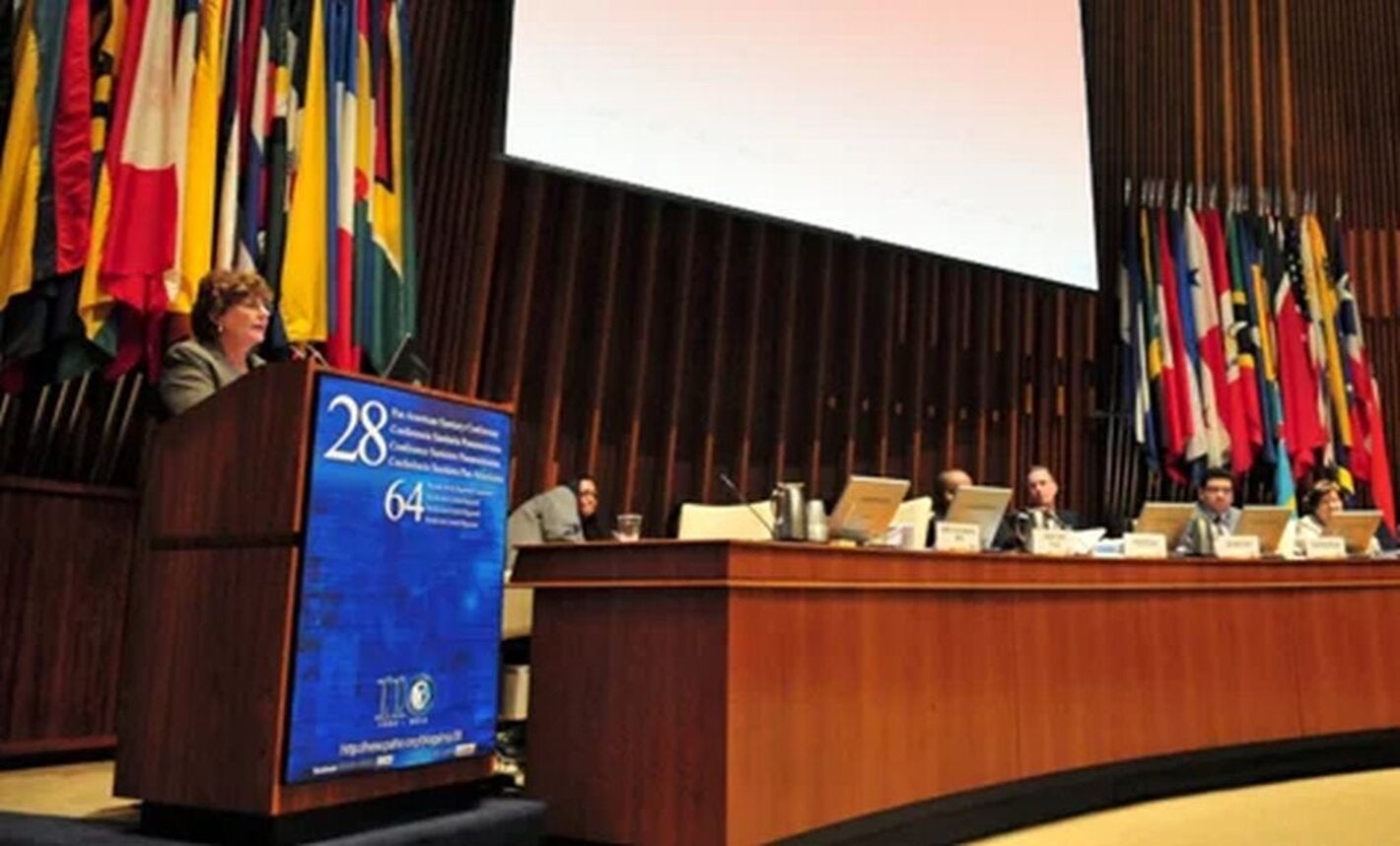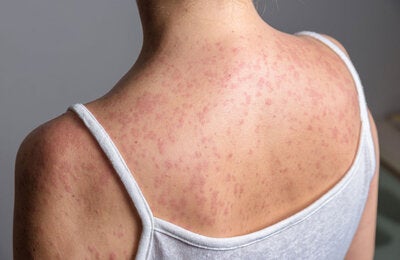
Washington, D.C., 24 September 2012 (PAHO/WHO) — Health authorities from throughout the Americas agreed on a series of joint public health actions during the 28th Pan American Sanitary Conference, held last week at the Pan American Health Organization/World Health Organization (PAHO/WHO) in Washington, D.C.
The conference, held every five years, brings together ministers of health and other high-level delegates from PAHO/WHO member countries to discuss regional and national public health priorities, agree on joint action for addressing them, and provide guidance for PAHO/WHO's technical cooperation programs.
A highlight of this year's conference was the election of a new PAHO Director, Dr. Carissa Etienne of Dominica, who will take office in February 2013.
Delegates at the conference endorsed new initiatives including:
- A regional strategy on noncommunicable diseases (NCDs) that seeks to prevent 3 million deaths due to cancer, heart disease, diabetes and other NCDs in the hemisphere by 2025.
- A plan of action to prevent the reintroduction of endemic measles, rubella, and congenital rubella syndrome in the Americas through high levels of vaccination coverage and strengthened surveillance.
- A strategy and plan of action on child health that seeks to improve health and reduce child mortality through integrated and multisectoral policies and plans based on rights and social determinants.
- A resolution urging stronger capacity, procedures and mechanisms for coordinating international humanitarian assistance in health during disasters and emergencies.
- A knowledge management and communication strategy that seeks to "close the gap" between knowledge and decision-making on health and that encourages the production, exchange, communication, access, and effective application of knowledge to benefit health.
Also during the conference, the latest edition of the periodic PAHO report Health in the Americas was presented. It describes health progress and challenges in the countries of the Americas, providing both a regional overview and individual country analyses. The report shows that average life expectancy in the Region has gained 45 years since 1900 but emphasizes the persistence of dramatic health inequalities within and between countries.
Other highlights during the week-long conference included:
- The World Bank, CARICOM, the International Federation of Red Cross and Red Crescent Societies, and WASH Advocates joined the Regional Coalition on Water and Sanitation for the Elimination of Cholera in the Island of Hispaniola, an initiative PAHO has played a key role in promoting.
- PAHO/WHO signed an agreement with the new Caribbean Public Health Agency (CARPHA) to carry out joint cooperation activities and public health interventions in the Caribbean.
- The American Public Health Association (APHA) and PAHO/WHO signed a new agreement to share information and technical experience and to carry out joint activities in areas including health promotion, prevention and control of diseases, environmental health, human resources for health, and emergency preparedness and response.
Delegates to the conference also received updates on issues of concern to PAHO/WHO Member States, including the implementation of the Health Agenda for the Americas and the International Health Regulations, PAHO/WHO's budget policy and collection of quotas, and the Organization's progress in implementing its strategic plan for 2008-2012.
The Pan American Sanitary Conference is PAHO's supreme governing authority and meets every five years to determine its general policies. It also serves as a forum for the exchange of information and ideas on the prevention of disease; the preservation, promotion and restoration of mental and physical health; and the advancement of sociomedical measures and facilities for the prevention and treatment of physical and mental diseases in the Western Hemisphere.



